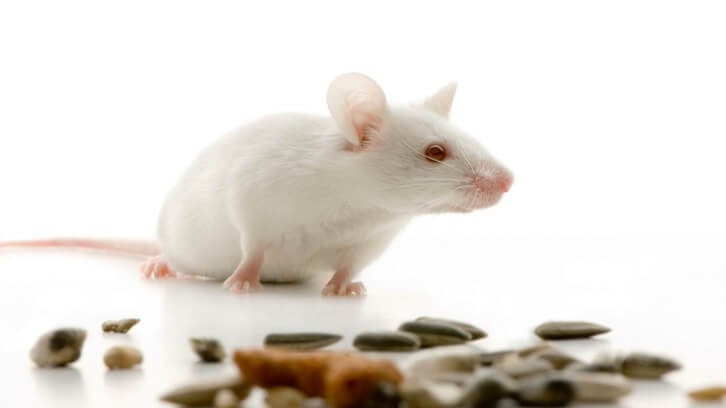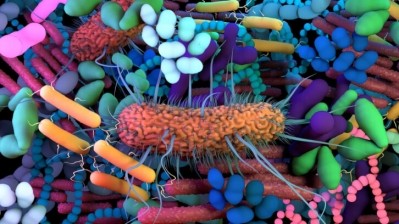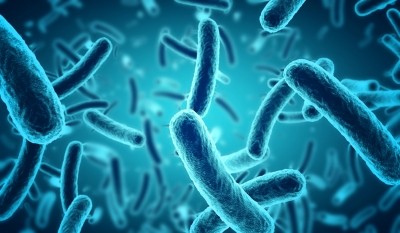Does fiber-deprived Akkermansia worsen food allergy?

Willem M. de Vos, a distinguished professor emeritus at Wageningen University, and his lab isolated Akkermansia muciniphila from human feces in 2004. Since its discovery, safety and efficacy studies have demonstrated its capacity to maintain gut barrier function and immune response, supporting its ascent as a next-gen probiotic.
It also spawned the creation of The Akkermansia Company, cofounded by Professor de Vos, which launched its Weight Management with Glucose Control tablets as the first and only dietary supplement with pasteurized Akkermansia in 2022.
Associating Akkermansia with food allergy
The Luxembourg Institute of Health researchers linked the rising prevalence of food allergy to the diet-driven changes that alter the gut microbiome and impair the intestinal mucosal barrier.
“An important part of the intestinal mucosal barrier is the mucus layer, which serves as a first line of defense in the gut to prevent microbial invasion but allows nutrient absorption,” they wrote in the journal Nature Microbiology.
The study hypothesized that dietary fiber deprivation reduced colonic mucus thickness and increased permeability of the mucosal barrier, inflammatory response and mucin-degrading species like Akkermansia, thus predisposing the host to enhanced allergen sensitization i.e., the development of IgE antibodies to allergens.
To test this hypothesis, they administered either fiber-rich standardized laboratory chow or a fiber-free diet in a group of BALB/c lab mice colonized with synthetic human gut microbiota for 40 days before exposing them to allergens.
“Here we show that depriving specific-pathogen-free mice of dietary fiber leads to a gut microbiota signature with increases in mucin-degrading bacterium Akkermansia muciniphila,” they reported. “This signature is associated with intestinal barrier dysfunction, increased expression of type 1 and 2 cytokines and IgE-coated commensals in the colon, which result in an exacerbated allergic reaction to food allergens ovalbumin and peanut.”
‘A bridge too far’
Professor de Vos said that while interesting and easy to modify, the study’s synthetic human gut microbiota model does not account for the complex interactions between microbes and the host as seen in humans and other mouse models. He contrasted the findings with a recent study reporting protective effects of Akkermansia muciniphila in an established mouse model of ovalbumin-induced food allergy and another study showing that the strain reduced airway hyperreactivity and airway inflammation in asthma patients.
“Hence, the model is not mimicking any physiological situation and cannot be translated to conventional mice,” he said. “Extrapolation to humans is a bridge too far!”
As possible explanation for the conflicting outcomes, Professor de Vos also referred to a recent review on how dietary fibers affect gastrointestinal immunity, suggesting that the A. muciniphila strain evaluated in the current study had different properties than that of his well-studied MucT strain, which has consistently shown to improve barrier function.
“We have focused our research mainly on pasteurized Akkermansia muciniphila MucT that does not degrade mucus and has been shown to be safe for human consumption,” he said. “Pasteurized Akkermansia muciniphila strain MucT replicates all major effects of live cells in mice and man.”
Source: Nature Microbiology
“Akkermansia muciniphila exacerbates food allergy in fibre-deprived mice”
doi: 10.1038/s41564-023-01464-1
Authors: Amy Parrish et al.
















